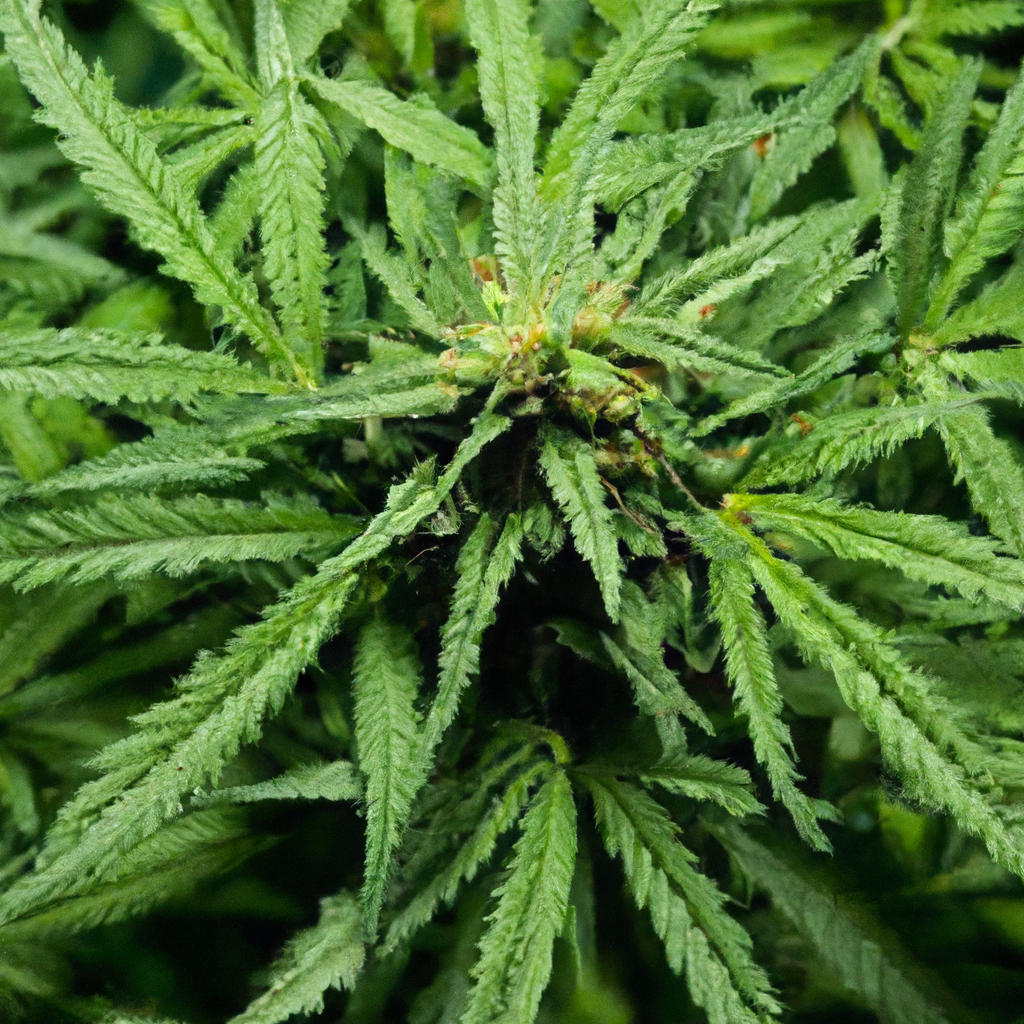Your cart is currently empty!
In an era where sustainable agriculture is becoming increasingly important, organic cannabis cultivation stands out as an eco-friendly approach. By utilizing natural fertilizers, composting, and organic pest control, growers can create healthy and productive ecosystems, offering numerous benefits for both the environment and the consumers.
Building Healthy Soil Ecosystems
Healthy soil is the cornerstone of organic cannabis cultivation. A rich and diverse soil ecosystem not only supports robust plant growth but also enhances the natural resistance of your crops to diseases and pests.
- Composting: Use compost to enrich soil with nutrients, improving its structure and providing a habitat for beneficial microorganisms.
- Natural Fertilizers: Apply organic fertilizers like bone meal, fish emulsion, and bat guano to feed your plants naturally.
- Cover Cropping: Planting cover crops such as clover or vetch can fix nitrogen in the soil, reduce erosion, and improve biodiversity.
Natural Pest Control Methods
Organic pest management avoids synthetic chemicals, offering a safer alternative for the ecosystem.
- Companion Planting: Incorporate plants like marigolds and basil to repel pests naturally.
- Beneficial Insects: Introduce predators like ladybugs and predatory mites that naturally control pest populations.
- Neem Oil: Use neem oil as a natural pesticide that doesn’t harm beneficial insects or the environment.
Why Organic Cannabis?
Opting for organic cannabis cultivation benefits not only the environment but also consumers, offering a cleaner and more natural product.
| Environmental Impact | Consumer Benefits |
|---|---|
|
|
Tags: OrganicGrowing, NaturalCultivation, Sustainability, PestControl, Compost
Discover more from Magic Clones
Subscribe to get the latest posts sent to your email.


Leave a Reply